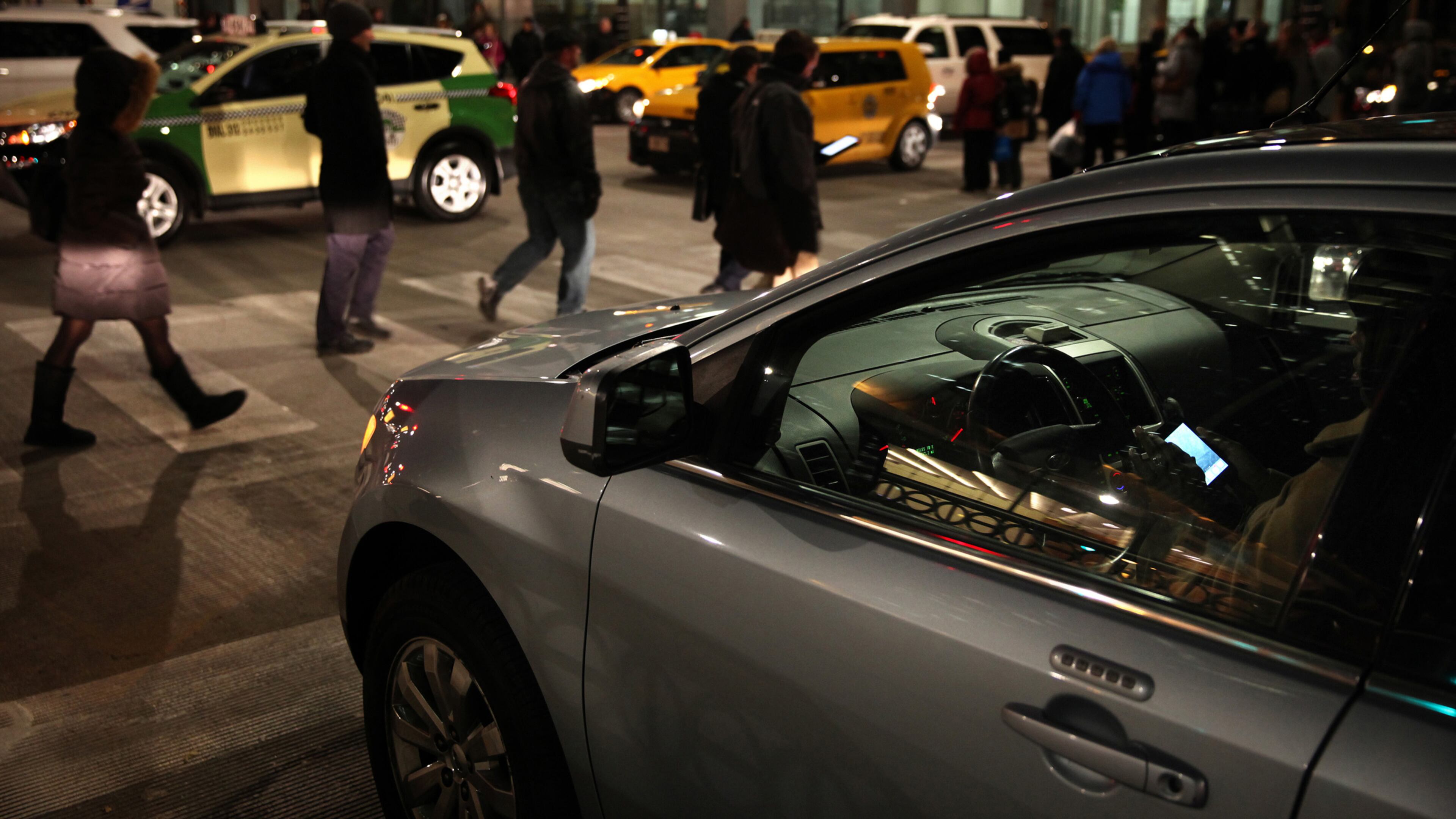Gridlock Guy: Smartwatches are nice, but also another driving distraction

I have not relented and bought a smartwatch. The bombardment of notifications from my iPhone is quite enough. I at least get a bit of a break if I leave the phone in my pocket or in the other room. The flashes and pings and vibrations do not need to dance on my wrist.
But my wife, Momo, got one recently for fitness-monitoring and she uses it all the time. The Apple Watch’s arrival led to some discussion about how to handle the constant notifications while driving.
The 2018 Hands-Free Georgia Act essentially banned most instances of driving and holding a mobile device: phone, tablet and, yes, smartwatch. And the law banned any instance of texting, unless a user employed hands-free voice-to-texting. The main impetus of the law is to allow officers to more easily enforce against the most dangerous driving-distraction: texting.
But smartwatches offer more insidious ways of both being distracted and avoiding enforcement. People are allowed to wear those watches and drive. And checking the different pings on the watches’ faces hardly looks as distracting or law-offending as holding a phone and texting does.
So where is the line with these watches and what are the dangers? Let’s zoom out to the larger issue first.
‘Unbelievably risky’
John Foy, whom many Atlantans have seen and heard in his “Strong Arm” commercials, is a personal injury attorney. He and his firm have tried just about every flavor of auto crash case for the better part of three decades. Foy, with whom I partner in commercials on 95.5 WSB, is particularly disturbed by the overall spike in distracted driving.
“I see smart phones as one of the top two causes of motor vehicle accidents,” Foy told me this week, noting that dangerous, aggressive driving is the other top factor. “Cell phone usage while driving is unbelievably risky behavior as well and I see so many people doing it. Even with all the safety features that cars have these days, we can’t help ourselves and put our phones down.”
Foy also underlined something that defies logic. “We’ve all been educated on the serious consequences of drinking and driving but people don’t seem to understand that cell phone usage while driving is like drunk driving.”
Foy doubled down on this, noting how the increase in vehicular safety features has not kept the crash and fatality counts from increasing. “Cell phones are a huge reason for this. I see people driving daily while on their phone and I see the horrible consequences of cell phone usage in cars during my day at work as I help injured accident victims.”
Staying focused on the road ahead
And if someone straps a smartwatch on their Strong Arm? “The smartwatches are especially distracting because they vibrate as you get a new communication,” Foy said. “And you look at your watch and take your eyes off the road. As you know, driving is all about being focused on the road ahead. We have all become addicted to our smartphones and watches as we constantly check our devices. The vibrating watches are especially troublesome.”
This isn’t a full body slam on connected timepieces either. While not fully legal, a driver can, technically, more safely interact with their phone by talking into their watch than by picking up that phone. Some mobile apps do not interface with those infotainment dashboard screens, so the watch makes the interaction less cumbersome.
But, as Foy said, smartwatches also engage a motorist even more with their phones’ notifications. Driving demands full focus — or, at very least, far more attention than the average driver pays.
Smart watches are convenient. Their health-tracking abilities may be great for measuring heart rates in Atlanta traffic. But those watches also tune minds even more so to the texts, emails, and social engagement that run interference on the laser focus needed to pilot a car.
Doug Turnbull, the PM drive Skycopter anchor for Triple Team Traffic on 95.5 WSB, is the Gridlock Guy. He also hosts a traffic podcast with Smilin’ Mark McKay on wsbradio.com. Contact him at Doug.Turnbull@cmg.com.

